15 Typical U.S. Foods That Are Actually Banned in The Rest of the World
Americans traveling abroad might find some of their favorite foods banned due to health concerns or other reasons. Mountain Dew and Skittles are banned due to additives, while Ritz Crackers and Pillsbury Cinnamon Rolls contain trans fats banned in the EU. Products like Cheerios and USDA beef face restrictions due to chemicals and hormones, while trademark disputes restrict M&Ms in Sweden.

Americans traveling abroad often crave their favorite snacks or comfort foods. Yet, they might be shocked to find that some foods they enjoy at home are not available—or worse, banned—in the country they are visiting. Let's explore 15 typically American foods that are banned elsewhere.
1. Mountain Dew

This popular citrus-flavored soda is banned in several countries, including Japan and the European Union, due to its use of brominated vegetable oil (BVO), a flame retardant linked to health issues. BVO has been prohibited in the EU since 2010, and Japan has maintained a ban due to its potential neurotoxic effects.
2. Skittles
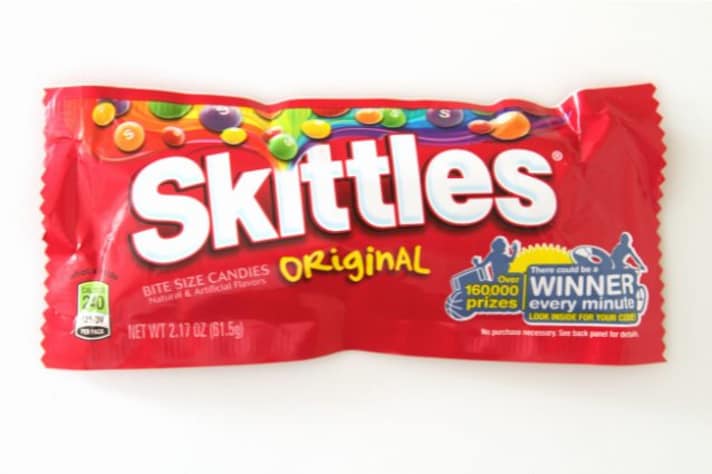
These colorful, chewy candies are banned in Norway and Austria due to the use of food dyes Yellow 5 and Yellow 6, which are associated with hyperactivity in children. The European Union requires warning labels on products containing these dyes, prompting many countries to ban them outright.
3. Lucky Charms
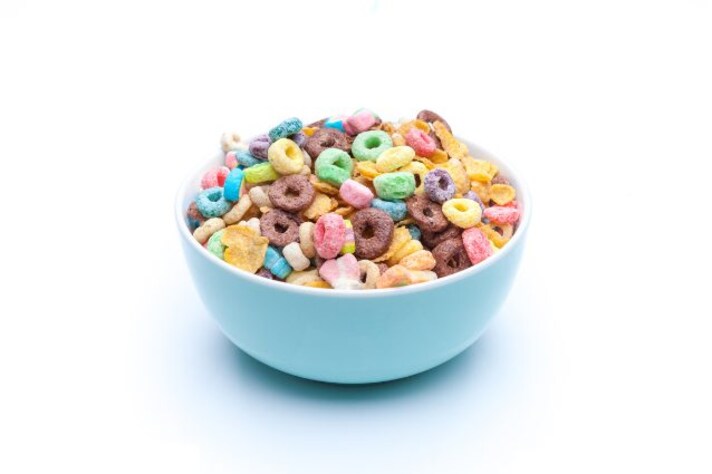
This sugary breakfast cereal is banned in the European Union and some other countries due to its artificial colors and additives. These substances, including Yellow 5 and Red 40, have been linked to allergic reactions and behavioral issues, prompting a ban in some countries since the 2000s.
4. Ritz Crackers
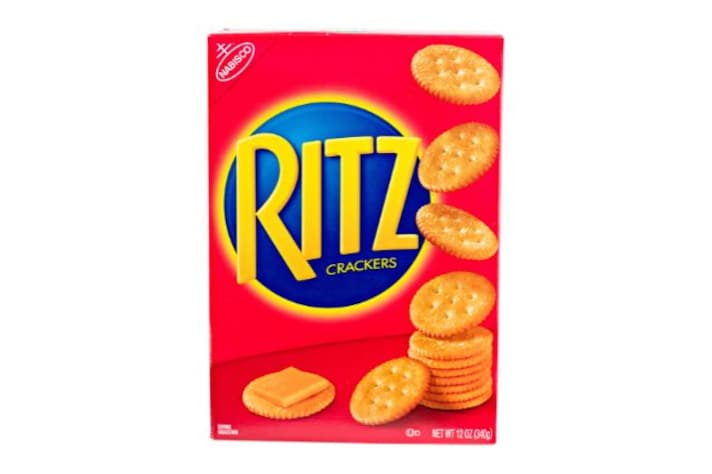
These popular crackers contain partially hydrogenated oils, a source of trans fats. Due to their link to cardiovascular disease, trans fats have been banned in the European Union since 2021, resulting in Ritz Crackers being unavailable in several European countries.
5. Farmed Salmon
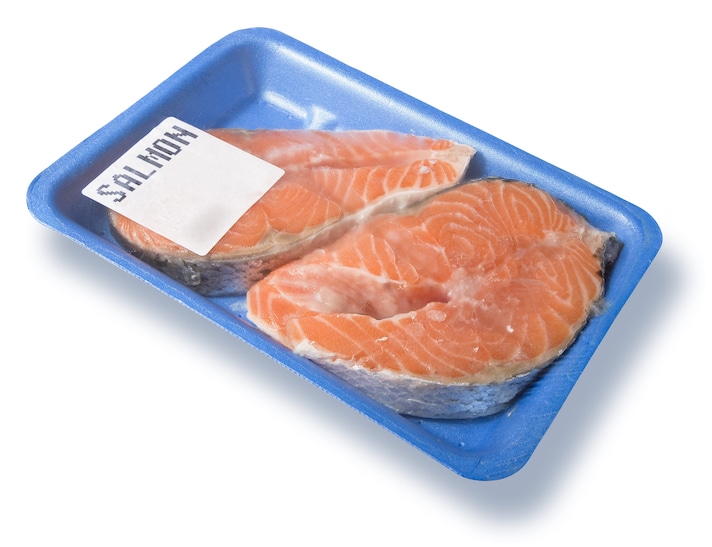
The United States allows the farming of salmon, but the practice is banned in several countries, including New Zealand and Australia, due to concerns about pollutants and antibiotics used in farming. The ban has been in place since the 2000s to protect consumers from harmful chemicals.
6. Pop-Tarts
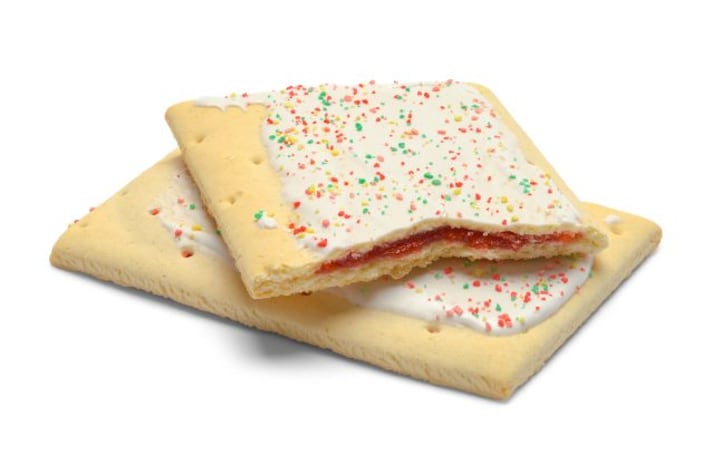
These toaster pastries are banned in Norway and Austria due to the inclusion of artificial colors and preservatives. These chemicals, particularly TBHQ, have been linked to cancer and are restricted in several countries, making Pop-Tarts unavailable in many places.
7. Kraft Macaroni & Cheese

The iconic boxed mac and cheese contains artificial dyes, including Yellow 5 and Yellow 6, which are linked to hyperactivity and allergic reactions. The European Union requires warnings for these dyes, prompting several countries to ban Kraft Macaroni & Cheese since the early 2000s.
8. Cheerios
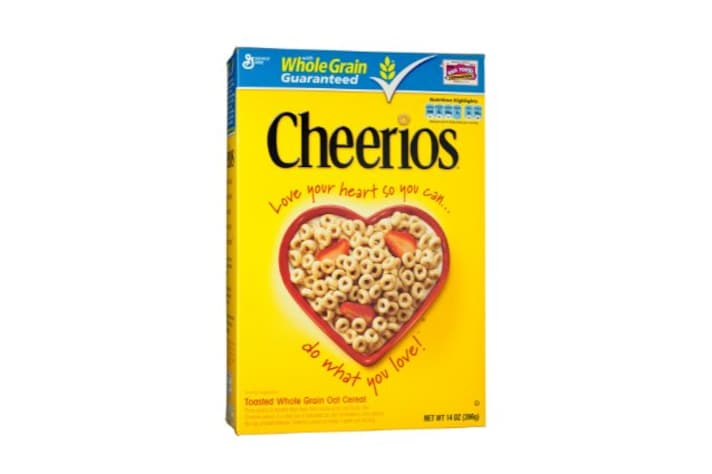
This popular breakfast cereal is banned in the European Union due to the inclusion of glyphosate, a herbicide used in agricultural production. Glyphosate is linked to health issues, including cancer, and has been restricted in several countries since the mid-2010s.
9. Fruit Roll-Ups
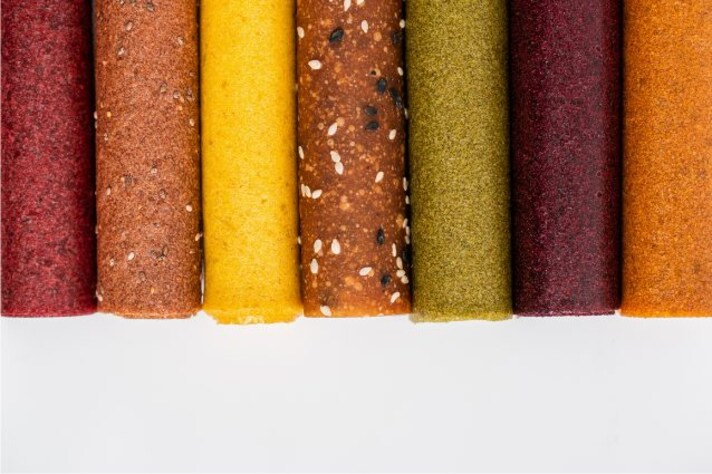
These chewy fruit snacks are banned in the European Union and other countries due to their artificial colors and preservatives. The EU’s restrictions on food dyes and additives, including BHT and TBHQ, have led to a ban on Fruit Roll-Ups in several countries.
10. Pillsbury Cinnamon Rolls

These pre-packaged pastries are banned in the European Union due to their inclusion of partially hydrogenated oils, which contain trans fats. The ban, enacted in 2021, aims to protect consumers from cardiovascular risks associated with trans fats.
11. Arby's Roast Beef

Arby's uses meat glue, or transglutaminase, to bind together pieces of roast beef. This practice is banned in the European Union due to health concerns about the restructured meat, which can harbor bacteria if not cooked thoroughly.
12. M&Ms
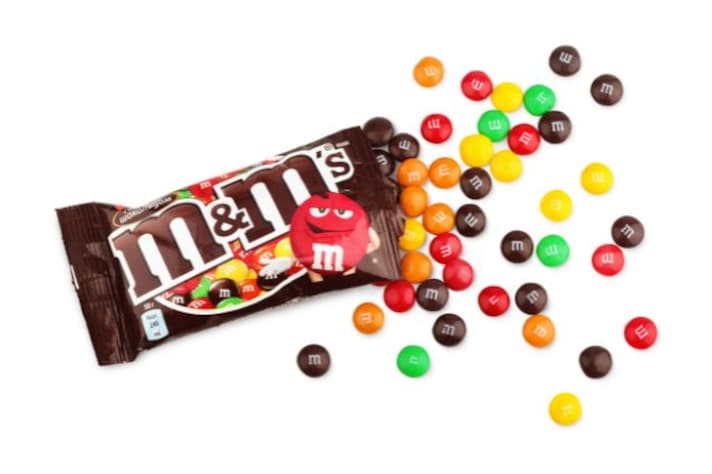
These colorful candies are banned in Sweden due to a trademark dispute with Marabou, a Swedish confectionery brand. While this ban isn't due to health concerns, M&Ms remain unavailable in Sweden, creating a unique case of an American favorite being restricted abroad.
13. Twinkies
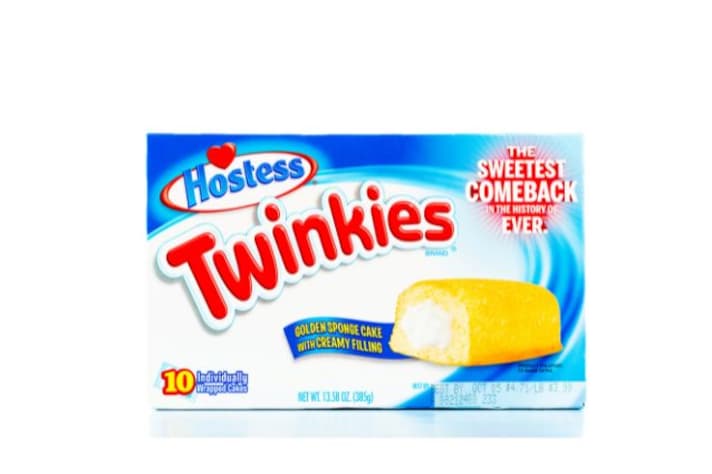
The iconic cream-filled snack is banned in several European countries due to its use of food additives such as Yellow 5 and artificial preservatives. Concerns about these additives’ potential health risks have led to restrictions on Twinkies in many places since the early 2000s.
14. Jell-O

This gelatin dessert is banned in the European Union due to its inclusion of artificial colors and preservatives. The EU's stringent regulations on food additives, particularly those linked to health issues, have led to Jell-O being unavailable in several European countries.
15. USDA Beef
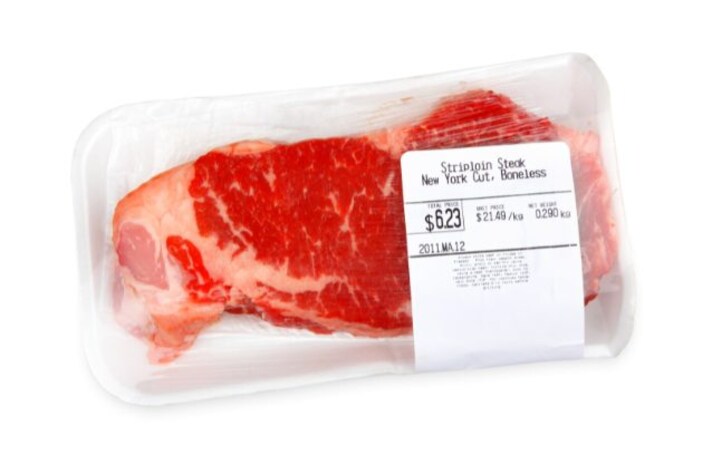
American beef is banned in several countries, including Japan and South Korea, due to concerns about growth hormones used in US cattle farming. These hormones, such as rBST, are linked to cancer, leading to bans on USDA beef imports since the 2000s.
;Resize,width=767;)
;Resize,width=712;)

;Resize,width=712;)
